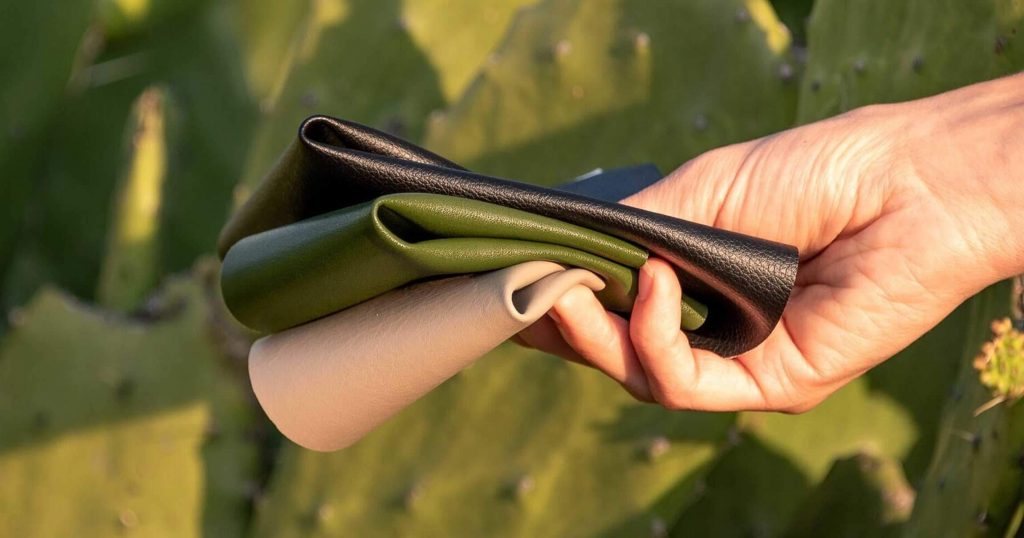In recent years, the fashion industry has witnessed a significant shift towards sustainability, with vegan leather emerging as a key player in eco-conscious fashion. This alternative to traditional leather not only addresses animal welfare concerns but also reduces the environmental impact associated with leather production. As we delve into the rise of vegan leather, we explore its benefits, challenges, and what the future holds for this innovative material.
Understanding Vegan Leather
Vegan leather, also known as faux leather, encompasses a variety of materials that mimic the aesthetic and texture of animal leather without using animal products. These materials can be derived from a range of sources, including synthetic polymers like polyurethane (PU) and more natural materials such as cork, kelp, and pineapple leaves.
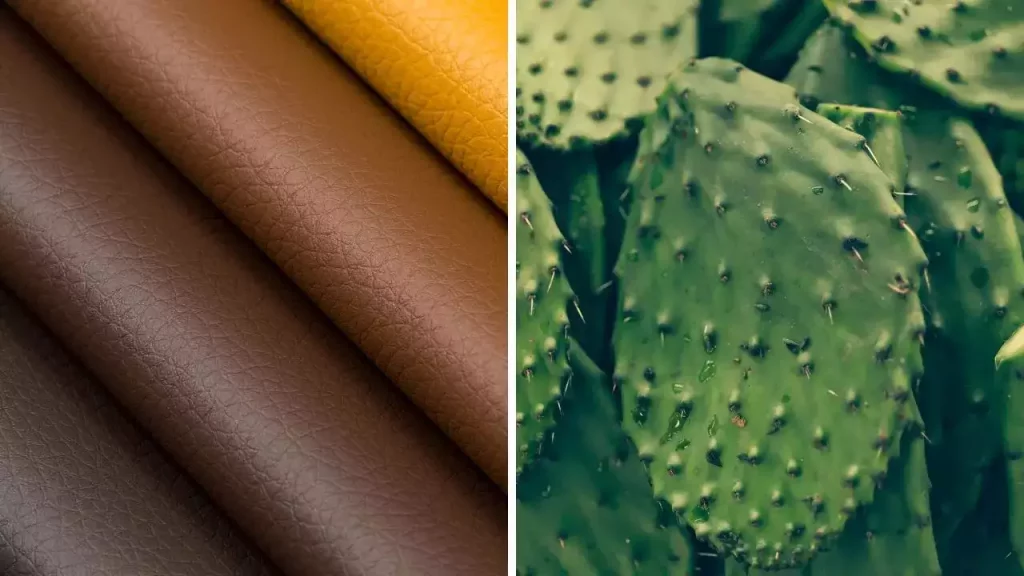
Environmental Impact
The production of traditional leather has a heavy environmental footprint, involving intensive animal farming and the use of harmful chemicals in tanning processes. Vegan leather offers a more sustainable alternative by eliminating the need for animal skins and promoting the use of less toxic processing methods.
For those interested in exploring more about sustainable materials, check out A Guide to Sustainable Cloth Materials
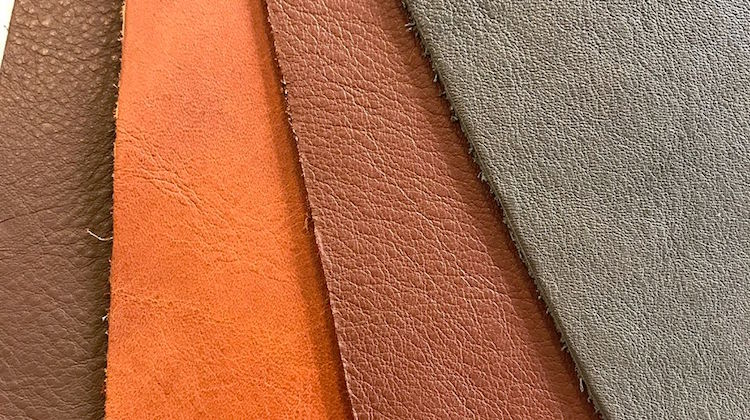
Benefits of Vegan Leather
- Reduced Animal Cruelty: By avoiding animal products, vegan leather offers a cruelty-free alternative that appeals to ethical consumers.
- Innovation in Materials: Companies are increasingly innovating with bio-based materials that are not only sustainable but also biodegradable. For example, materials derived from fruit waste or recycled plastics are gaining popularity.
- Versatility: Vegan leather can be created to vary in thickness, color, and texture, making it suitable for a wide range of fashion products from jackets to shoes and accessories.
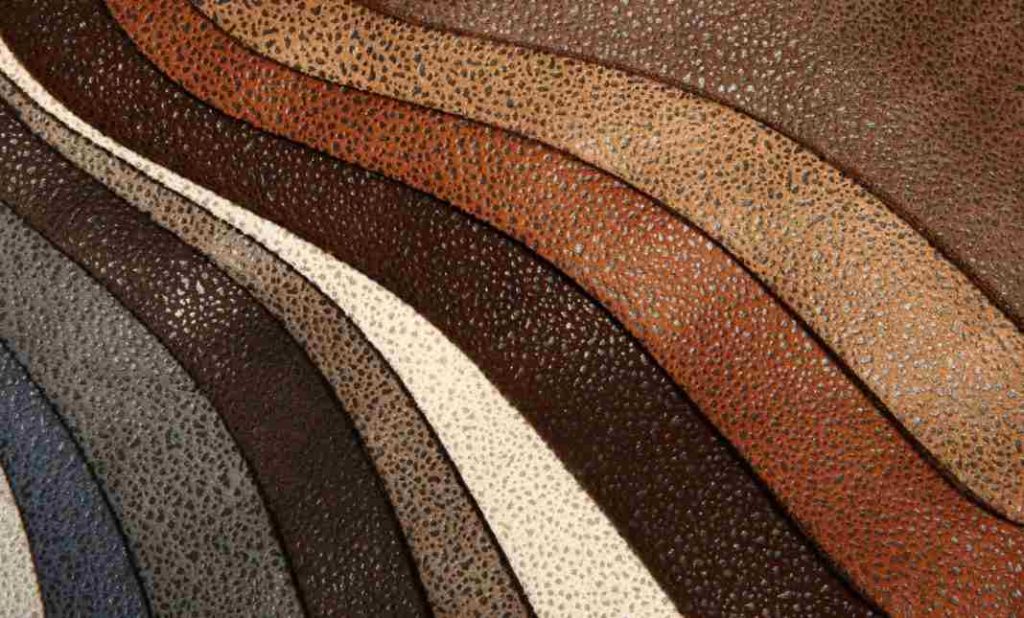
Challenges Facing Vegan Leather
Despite its benefits, vegan leather faces several challenges:
- Durability: Some forms of vegan leather, particularly those made from synthetic materials, may not be as durable as traditional leather, leading to concerns about product lifespan and waste.
- Environmental Concerns: While vegan leather reduces reliance on animal products, synthetic-based alternatives can involve plastics, which contribute to pollution unless properly managed or recycled.
- Perception and Quality: Convincing consumers of the quality and durability of vegan leather products remains a hurdle, particularly in luxury fashion markets where traditional leather has been a staple for centuries.
What’s Next for Vegan Leather?
As technology and material science advance, the quality and variety of vegan leathers are expected to improve, making them more appealing to a broader audience. The focus is on developing materials that are not only eco-friendly but also perform on par with, or better than, traditional leather.
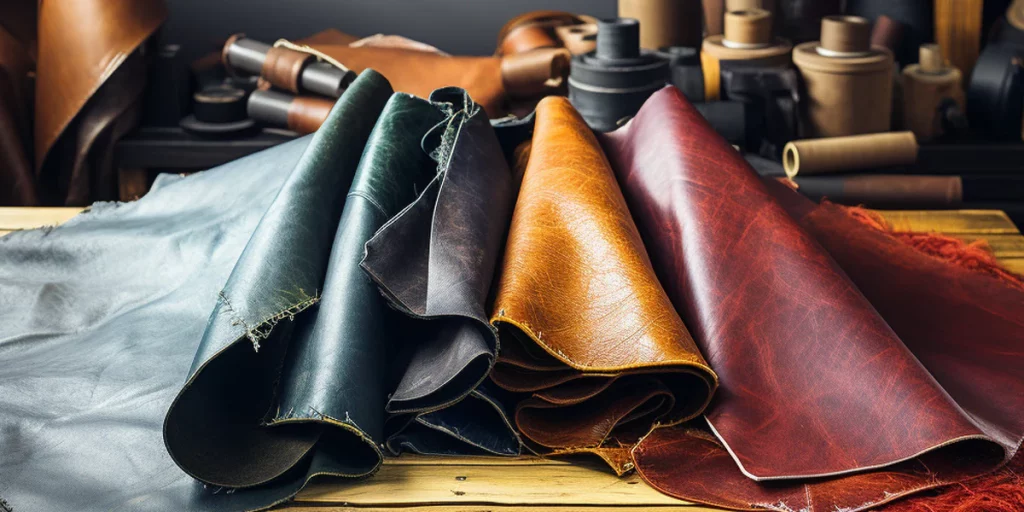
Innovations on the Horizon
Lab-grown Leather: Scientists are working on lab-grown leather, which involves cultivating leather from animal cells without harming any animals. This method promises to drastically reduce environmental impacts while providing material that is biologically identical to traditional leather.
Enhanced Recycling Technologies: As circular fashion gains traction, efforts are increasing to improve recycling technologies for synthetic vegan leathers, aiming to reduce waste and energy consumption.
For more insights into how vegan leather compares to traditional materials, refer to Natural vs. Synthetic: A Comparison of Fabric Properties
The Role of Vegan Leather in Sustainable Fashion
As the fashion industry continues its journey towards sustainability, vegan leather stands out as a promising component in reducing the ecological footprint of our clothing and accessories. For an even broader perspective on sustainable materials in fashion, you might find interest in our detailed discussion on Biodegradable Fabrics: Leading the Way in Environmental Sustainability
Vegan leather is not just a trend; it’s part of a broader movement towards sustainable fashion that prioritizes both the environment and ethical considerations. Its evolution will undoubtedly play a crucial role in the future of eco-conscious fashion.
